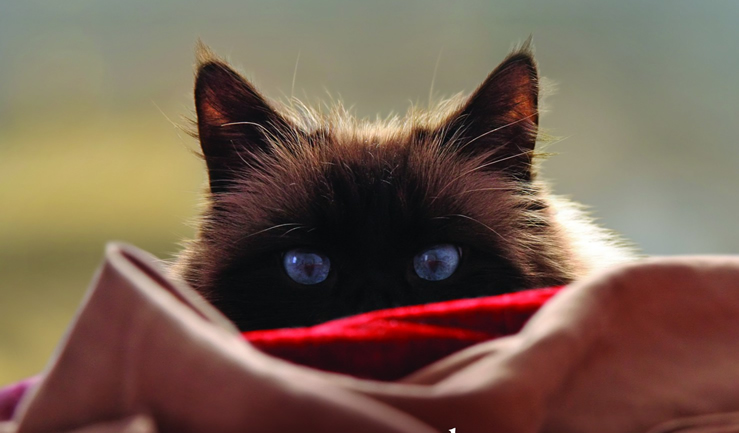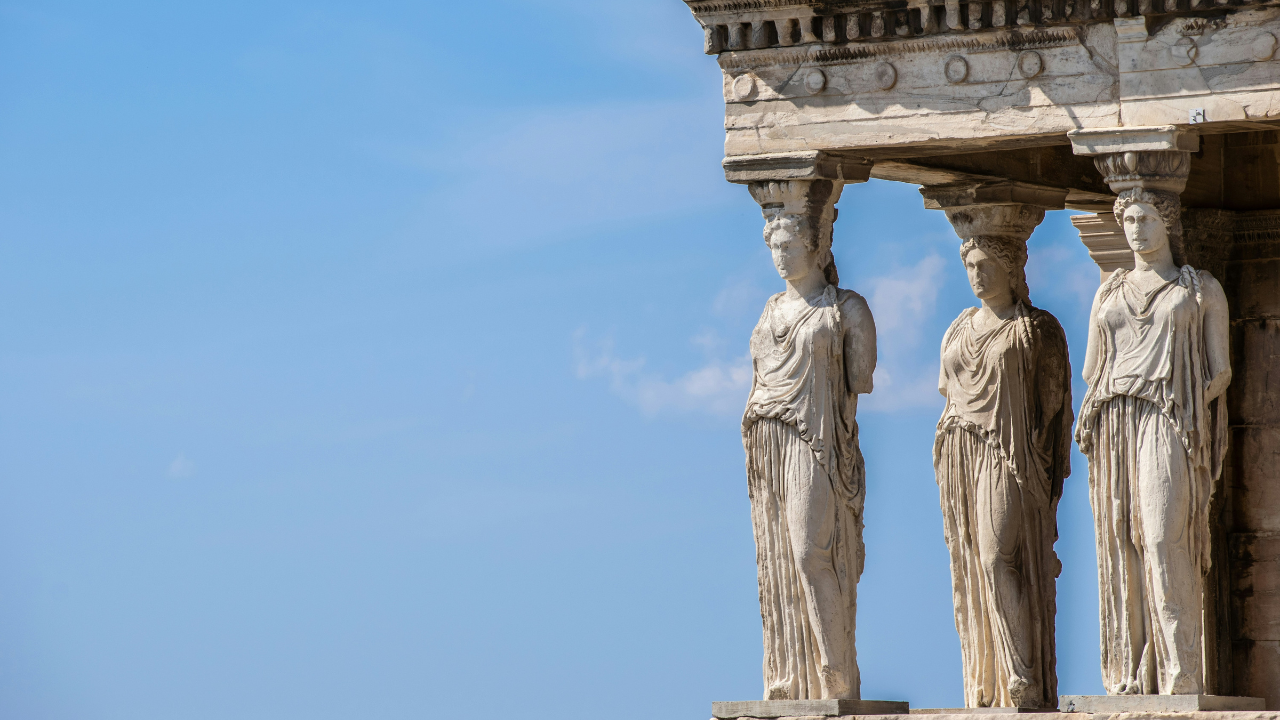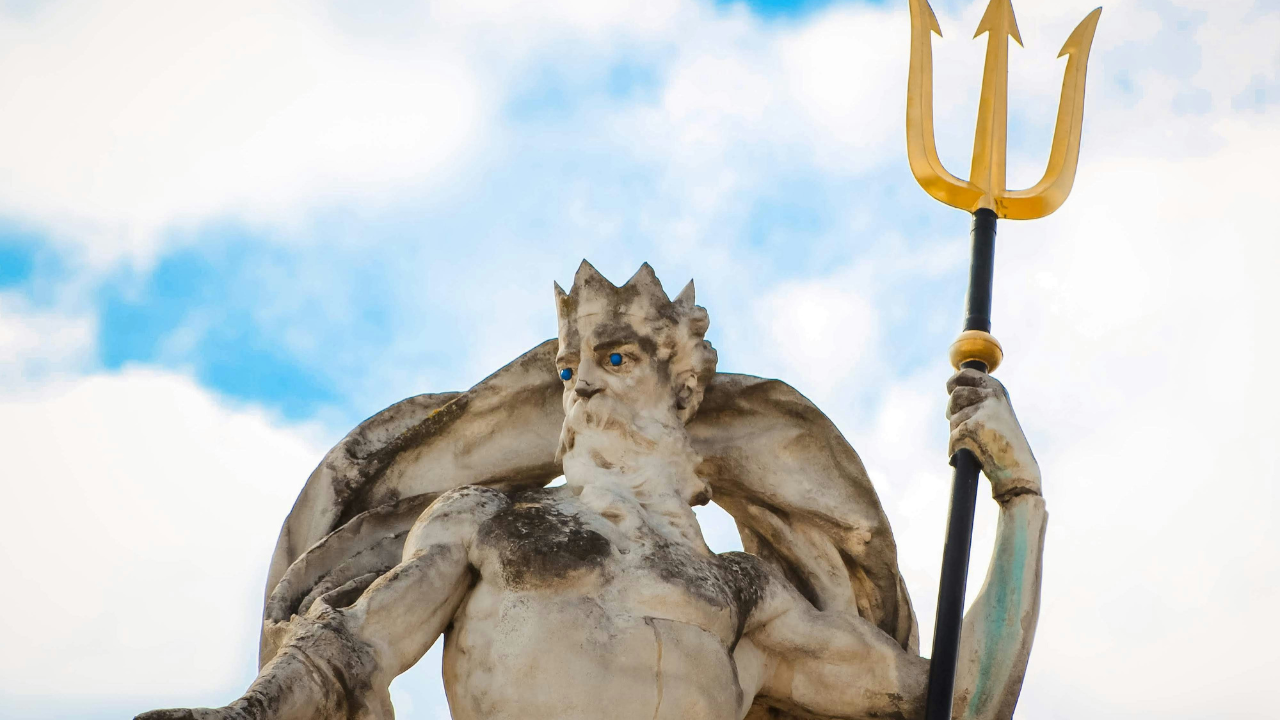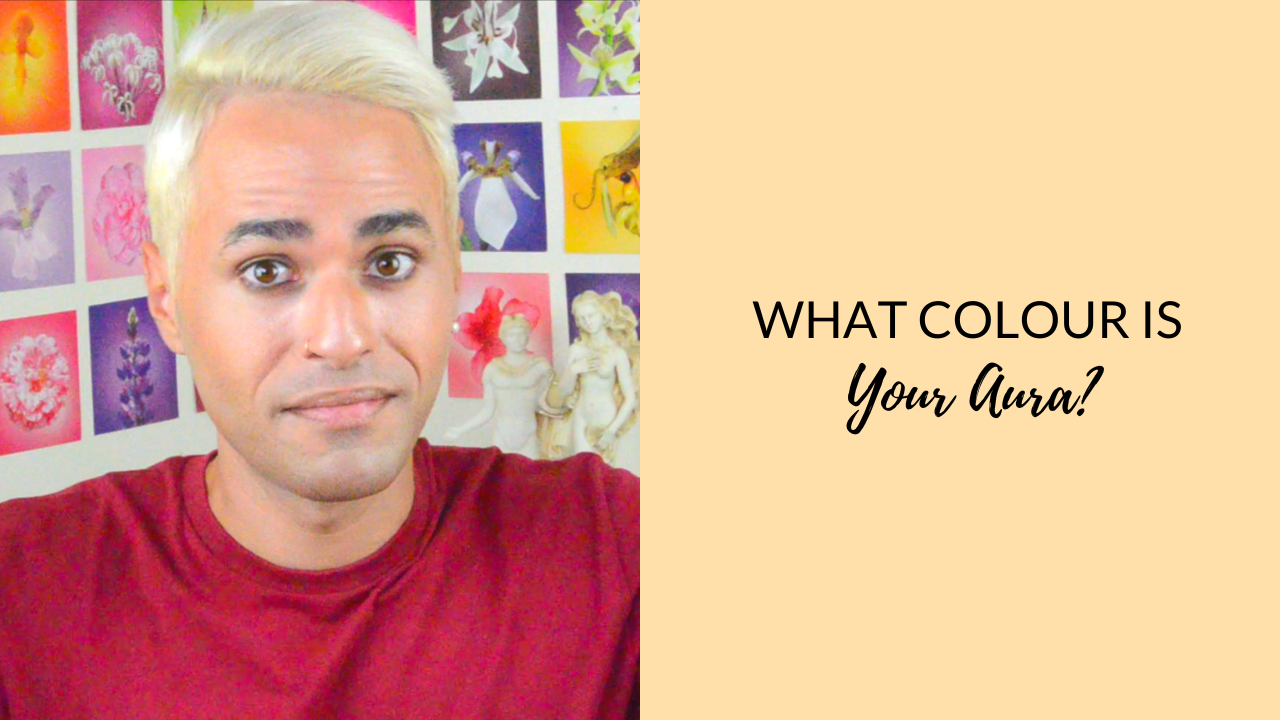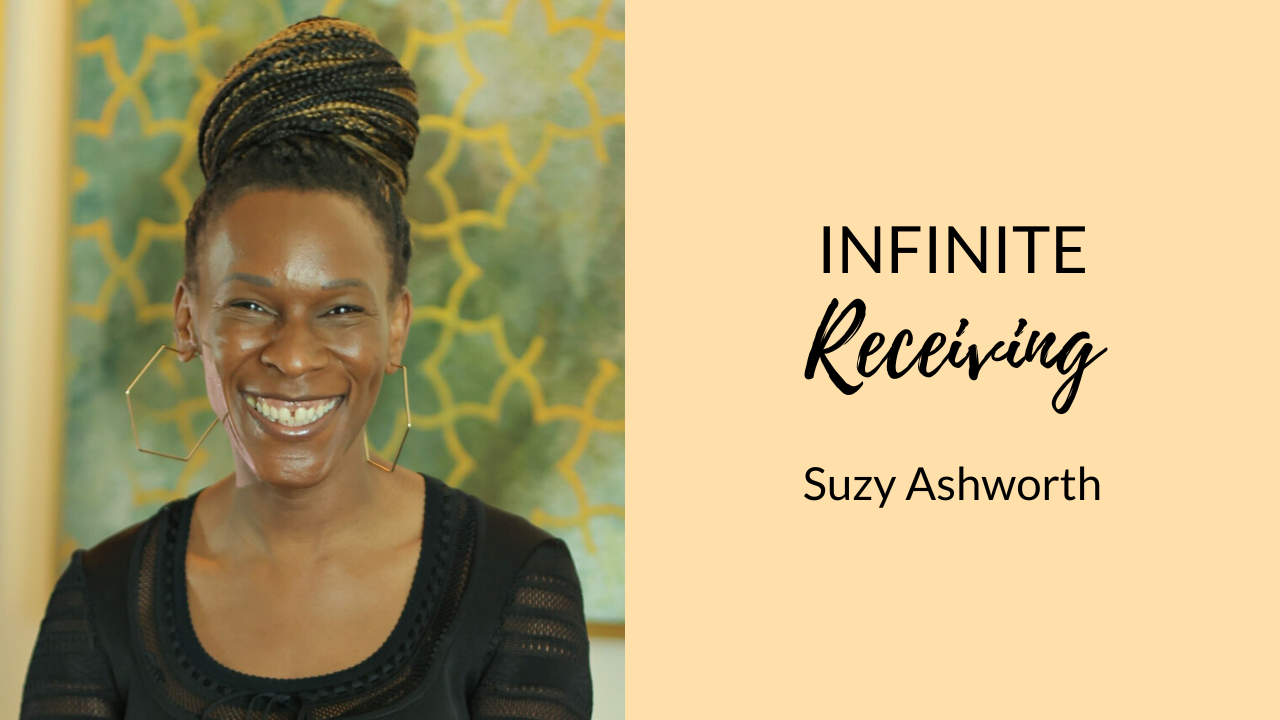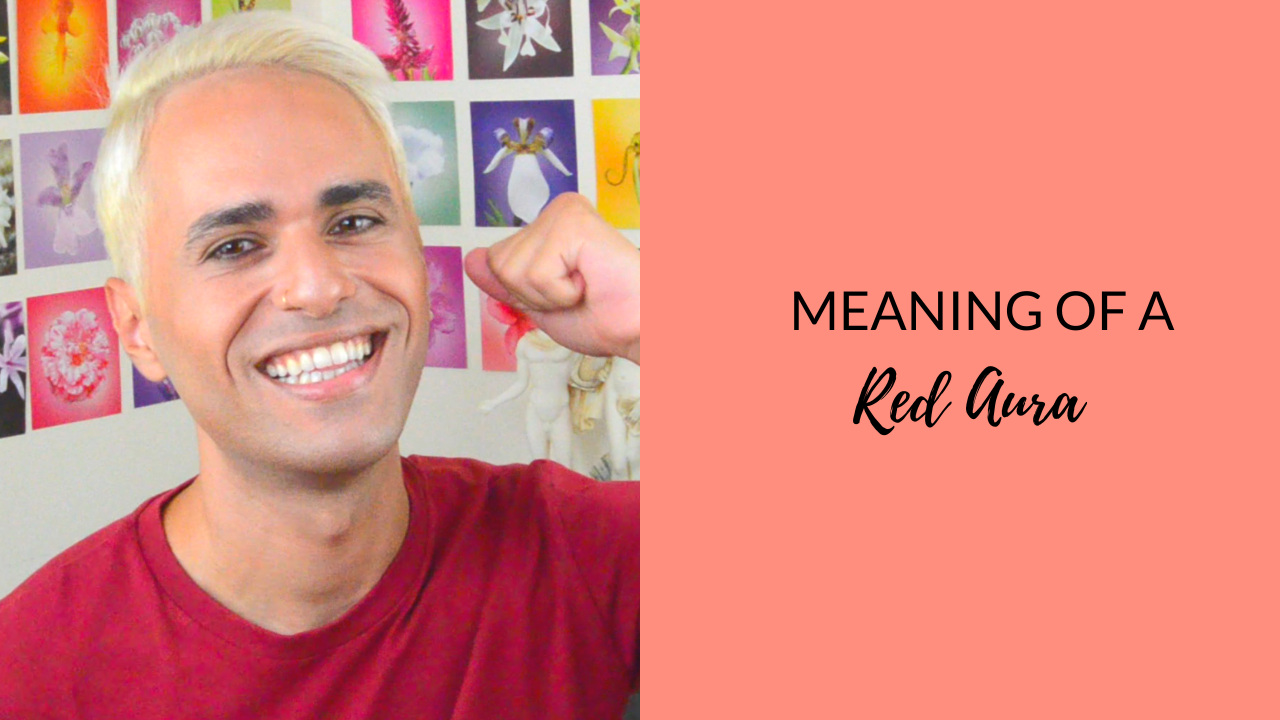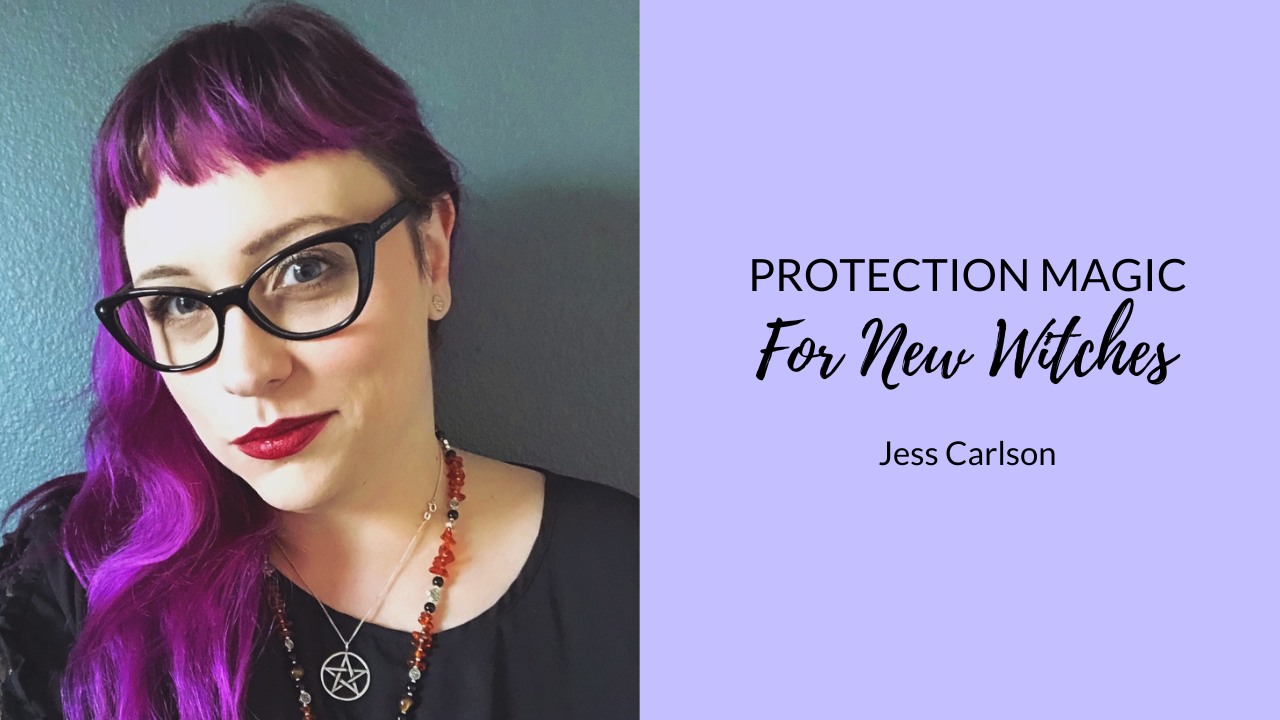Four parrots, two hamsters, one baby chicken and a rabbit – These are all my childhood pets that were tragically killed, strangled or eaten by cats. Therefore, you can grasp why I wasn’t very excited when The Dalai Lama’s Cat was voted to be our next read at Hay House UK’s Virtual Book Club. For most people cats are these nostalgic, cute, little fury creatures that meow, purr and scratch occasionally. However, in a country where there are more wild cats in the streets than there are birds in the sky, cats are malicious and sneaky little devils. As far as I was concerned, cats murdered my pets, invaded my personal space, made a mess out of our kitchen and gave me countless of sleepless nights filled with disturbing cries that made certain to remind me that I was single.
When it comes to Buddhism, even though I have adorned my desk with a Buddha statue for years now, and have studied the basic concepts of Buddhism during my degree in Metaphysics, it hadn’t drawn my interest in a significant way. Having watched documentaries of both Buddha and the Dalai Lama, I was in reverence of their wisdom and was impressed by their modesty and charisma. However, I had never really taken the time to delve into the teachings in a deeper sense, and an unfortunate misunderstanding of the purpose behind Buddhism had ensured to keep me away from it.
Despite my personal feelings towards cats and Buddhism I decided to approach the book with an open mind and ignore the fact that I would have to endure seeing the world through a cat’s eyes – since the book is written from the perspective of the cat. Reading through the pages I was bewildered to find myself getting engrossed in the intricate adventures of little Mouse-Tung, Rinpoche, The Most Beautiful Creature That Ever Lived, His Holiness Cat or Snow Lion – all names referring to the endearing, bashful but surprisingly smart Dalai Lama’s cat. I believe that the following tweet makes both my shocking realization and change of heart towards cats (well, at least towards the book’s virtual cat) blatantly obvious:
Yet there I was, eyes fixed on the book’s pages for hours while I sympathized with the cat’s pitfalls, learned from its mistakes, enthused in its adventures and fell in love through its romances. David Michie’s elegant yet affable prose along with Snow Lion’s disarmingly charming personality had managed to crumble the brick wall I had wrapped all around my heart, and suddenly I was overtaken by an insurmountable wave of sympathy towards the cat.
Chapter after chapter all the unnecessary resentment I held towards cats faded away. I realized that blaming the entire cat population for something that happened years ago was a bit too harsh in the first place, especially when whatever happened between the cats and my pets was in resonance with the inherent workings of the natural world. And as noted by the book’s Dalai Lama, “It is not so much the circumstances of our lives that make us happy or unhappy but the way we see them.” So instead of blaming the world’s cats for my childhood dramas I decided to let the whole thing go and see the big picture instead.
Rediscovering Buddhism
At the same time as following the path of His Holiness Cat I got the chance to gain further insight into Buddhism’s wisdom, gently interweaved between the lines in a way that simplified complicated concepts and presented them in a down to earth and approachable way. A few chapters into the book I found myself being keenly interested in Buddhism, so much that I ended up emailing the monks at the Namgyal Monastery in India inquiring about possible summer retreats. Of course, Twitter had the honour of getting exclusiveness to my epiphany once again:
In particular, the following quote had a considerable impact on my fixed mindset, casting off the misconceptions I had had with regards to Buddhism and its purpose:
The purpose of Buddhism is not to convert people. It is to give them tools so they can create happiness. So they can be happier Catholics, happier atheists, happier Buddhists.
This profound statement resonates completely with my current beliefs on the purpose of religion. I have always found it impossible to understand how religion was at the heart of so much multiethnic hatred and bloodshed when the supposed foundation of the world’s major religions is love. How can love be ever responsible for the outbreak of wars, mass murder and other atrocities? Disappointed by these unfortunate pitfalls of organized religion, a few years ago I had decided to rediscover the meaning of the sacred and design my own eclectic spirituality that encompasses and accepts all kinds of denominations, beliefs, concepts and modalities that practice true unconditional love.
Buddhism’s act of encompassing the totality of the world’s religions for the purpose of strengthening their basis and imbuing them with the concept of happiness, is in my opinion a selfless act that’s completely aligned with the vibration of unconditional love. Inspired by the modesty behind this Buddhist premise and the beautiful way this is presented in The Dalai Lama’s Cat, I have decided to incorporate it into my eclectic spirituality and utilize it for the purpose of sending unconditional love to all people, experiences and most importantly, cats.
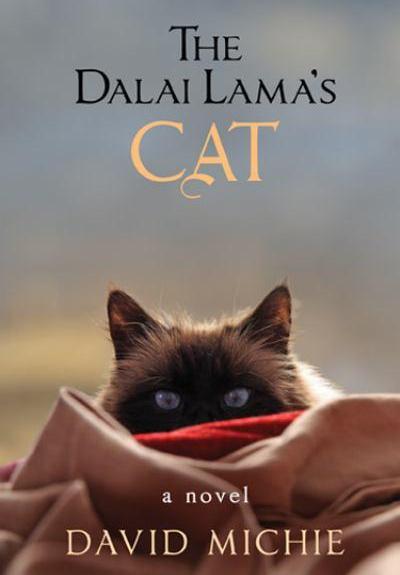 You can find more about The Dalai Lama’s Cat by visiting David Michie’s website or liking the book’s Facebook page. If you want to purchase the book you can do so by clicking on the book’s cover.
You can find more about The Dalai Lama’s Cat by visiting David Michie’s website or liking the book’s Facebook page. If you want to purchase the book you can do so by clicking on the book’s cover.
Recommended for you
Haven't found your life purpose yet?
Sign up below to download my FREE step-by-step guide to find and define your life purpose in a specific two-paragraph definition. You'll also receive a weekly email from me packed with intuitive guidance, spiritual processes, and exclusive trainings to support your journey.

